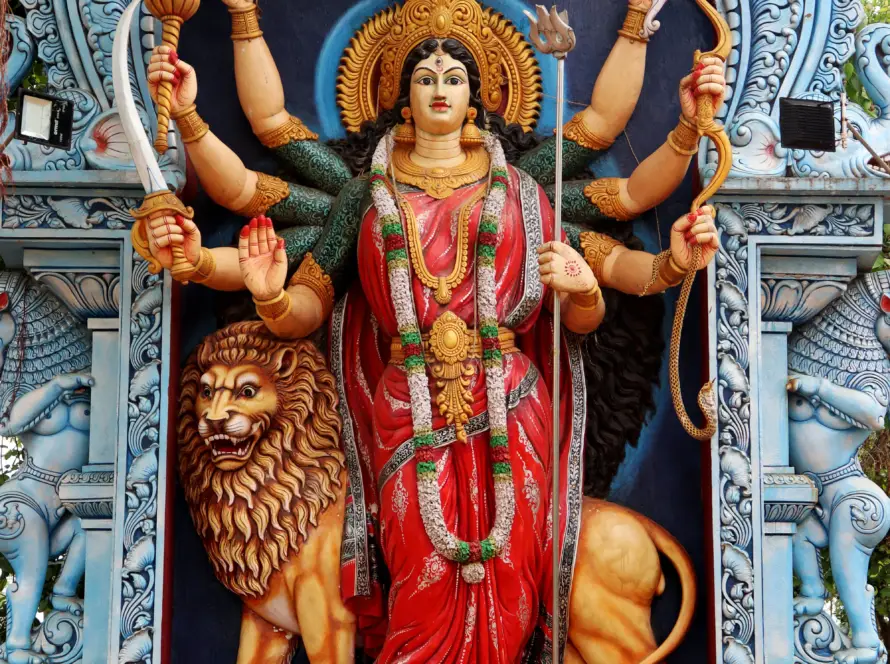Generated by Contentify AI

The tradition of Ayurveda in India is a revered and ancient practice that has been passed down through generations. With a history that dates back over 5,000 years, Ayurveda is often referred to as the “science of life” and is deeply rooted in the Indian culture and society. The fundamental principles of Ayurveda focus on achieving a balance between the body, mind, and spirit, and emphasize the prevention of illness and the promotion of well-being through holistic practices.
The practice of Ayurveda encompasses a wide range of techniques including herbal medicine, massage, yoga, meditation, and dietary guidelines. One of the key aspects of Ayurveda is the belief that each individual has a unique constitution, or “dosha,” which influences their physical, mental, and emotional characteristics. By understanding one’s dosha, Ayurvedic practitioners are able to tailor treatments and recommendations to suit the specific needs of each person, promoting personalized and holistic healthcare.
In recent years, Ayurveda has gained popularity beyond the borders of India, with people from around the world turning to this traditional practice as an alternative or complementary approach to modern medicine. Its focus on natural remedies, individualized treatments, and overall wellness has resonated with many, leading to an increased global interest in Ayurveda and its timeless wisdom.
As we continue to navigate the complexities of modern healthcare, the enduring tradition of Ayurveda serves as a valuable reminder of the importance of looking to nature and ancient wisdom for guidance on achieving and maintaining a balanced and harmonious life. The rich tapestry of Ayurveda’s history, philosophy, and practical applications continues to inspire and offer a holistic approach to well-being that transcends geographical boundaries.


